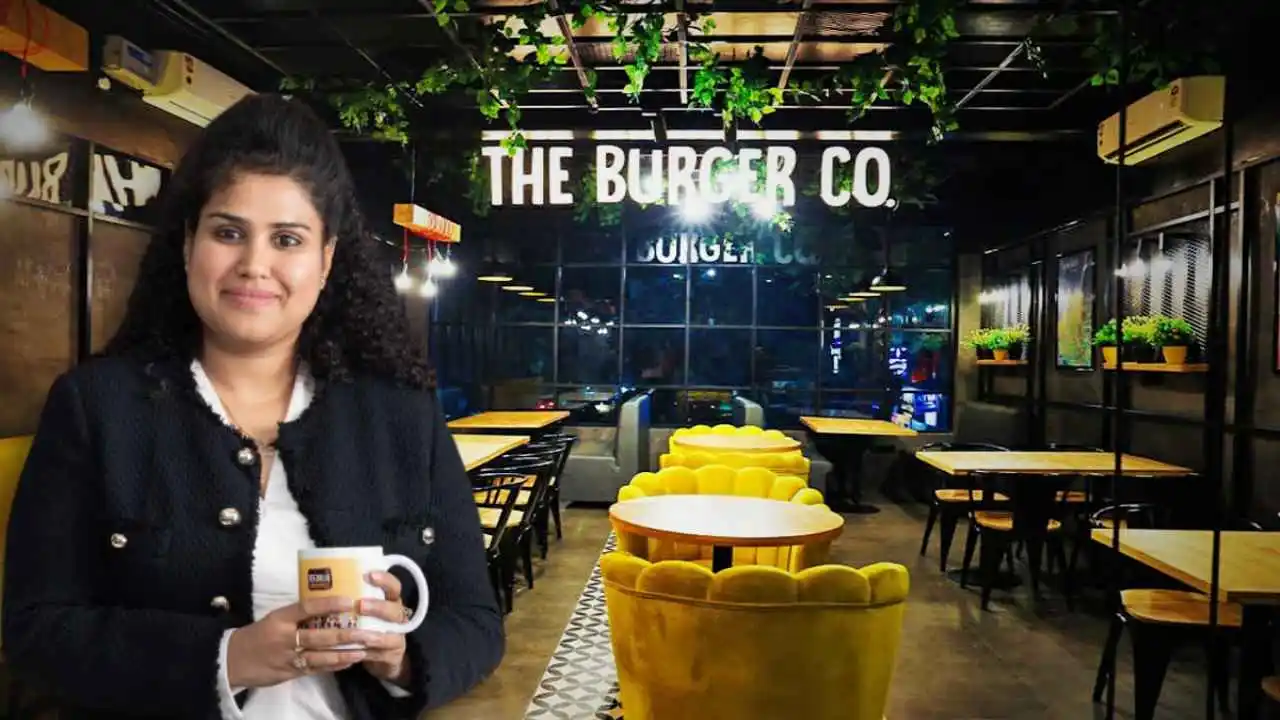The Burger Company has rolled out a new pico store format in India as it ramps up growth. The compact outlet model is designed to fit small spaces and busy locations, helping the brand expand quickly across metros and smaller cities.
What is the pico format and why it matters
The pico format is a very small, low-footprint store focusing on takeaways, delivery and quick service rather than full dine-in. It needs less rent, fewer staff and can be set up faster. For a price-sensitive and space-constrained market like India, this format makes expansion faster and more affordable.
The Burger Company plans to use this model to reach high-traffic spots such as food courts, high streets, tech parks and petrol pump hubs. This fits well with India’s rapid shift to online delivery and quick bites culture.
Expansion push: 500 franchises on the horizon
The brand has set an ambitious target of 500 franchise outlets across India. The pico format is central to that goal because it reduces initial investment and speeds up approvals.
Key reasons the strategy could work in India:
- Lower rental and fit-out costs help franchisees break even faster.
- Compact stores pair well with food delivery apps that dominate urban ordering.
- Easier scalability into Tier II and III towns where large formats aren’t viable.
What consumers and franchisees can expect
Customers will continue to get the brand’s core burger range, with quick service and affordable pricing. Franchise partners can expect a simplified operations model, smaller team requirements, and built-in marketing support to tap local demand.
For urban millennials and families on the move, pico outlets mean more touchpoints and faster delivery. For franchise investors, smaller capital requirement and a proven menu reduce risk.
A timely move for India’s QSR scene
India’s quick-service restaurant market is growing fast, driven by increased disposable income, rising food delivery adoption and changing eating habits. The pico format plugs into these trends by offering a flexible, cost-efficient way to expand presence across both big cities and emerging towns.
The Burger Company’s push signals a wider industry shift toward leaner store formats. If the brand meets its 500-franchise target, pico outlets could become a common sight in neighbourhoods and transit hubs across India.
